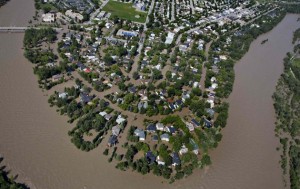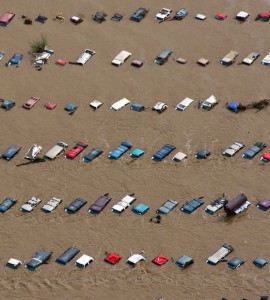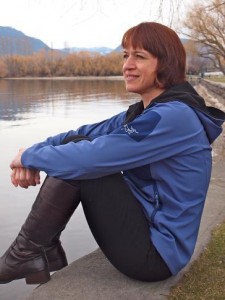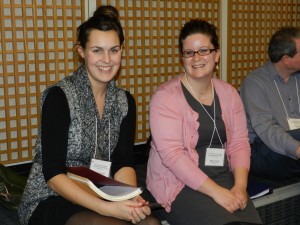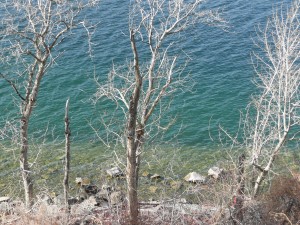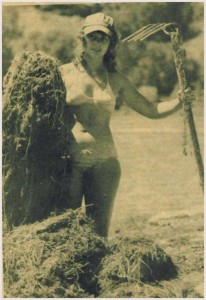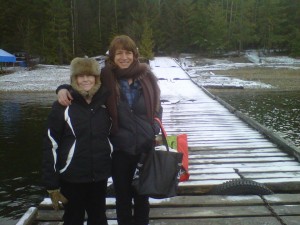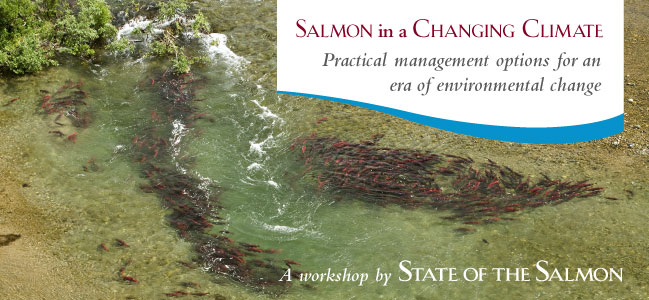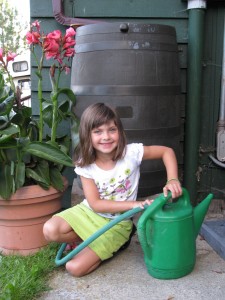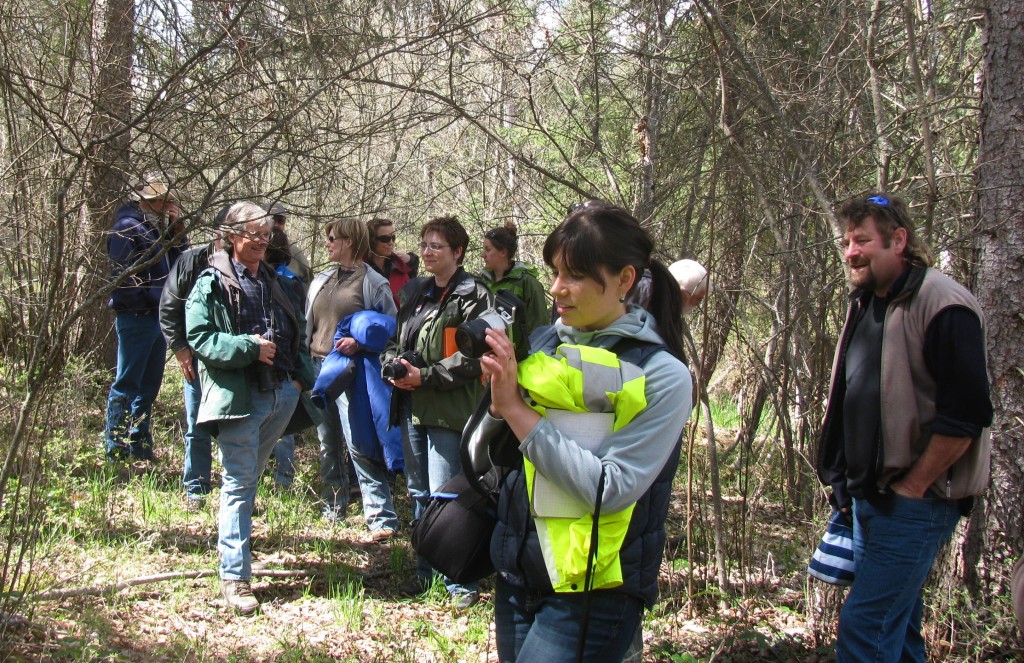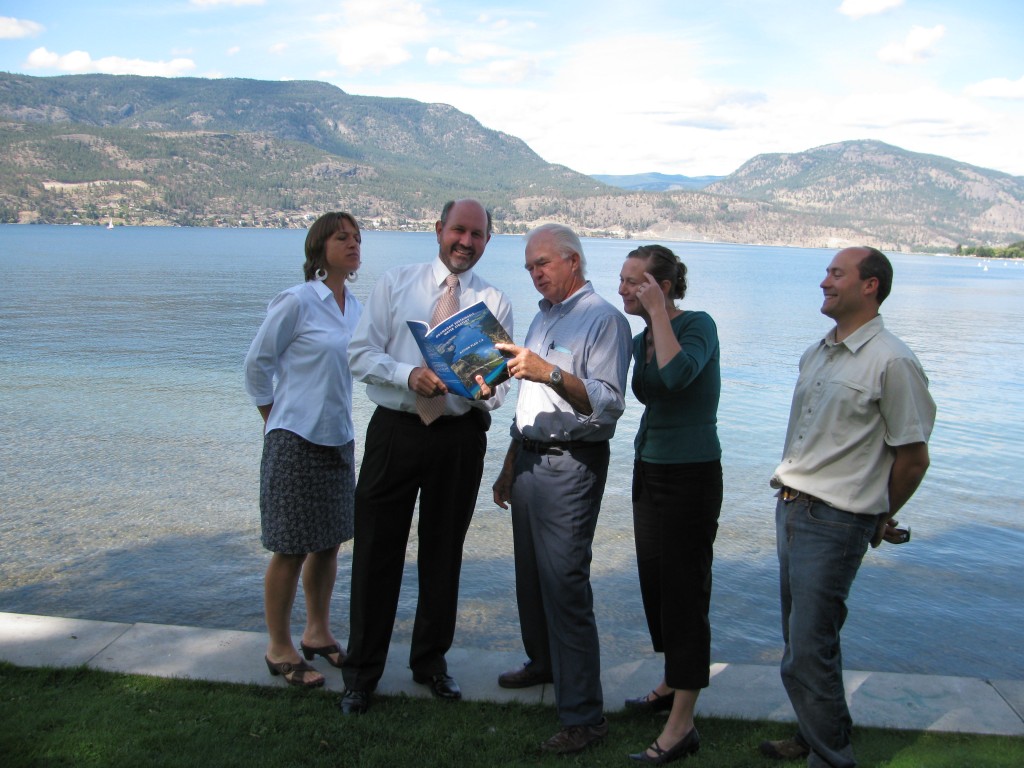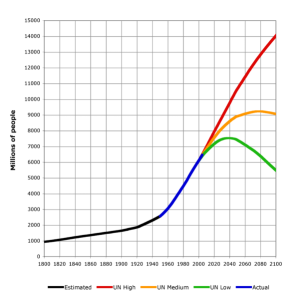“Planning is best done in advance.” – Anonymous
Flying into Calgary at the end of June, everyone on the plane was glued to the windows, staring at the mess of mud and debris from the Great Flood.
Eventually, rivers always have their own way.
Embarrassingly, I was there to speak at the Canadian Water Summit about collaborative drought planning. By a miracle of organization, the Summit was hastily relocated from the flooded Stampede grounds to a nearby airport hotel. I gave my talk as planned, with some blushing and a few words about unpredictable extreme events.
A drought could come next year.
The situation was made even more ironic, because I’d just spent several months getting my head around collaborative flood planning, much more topical under the circumstances. The deadly mudslides in BC last year had left me feeling that we are even less prepared for floods than water shortages. Continue reading

